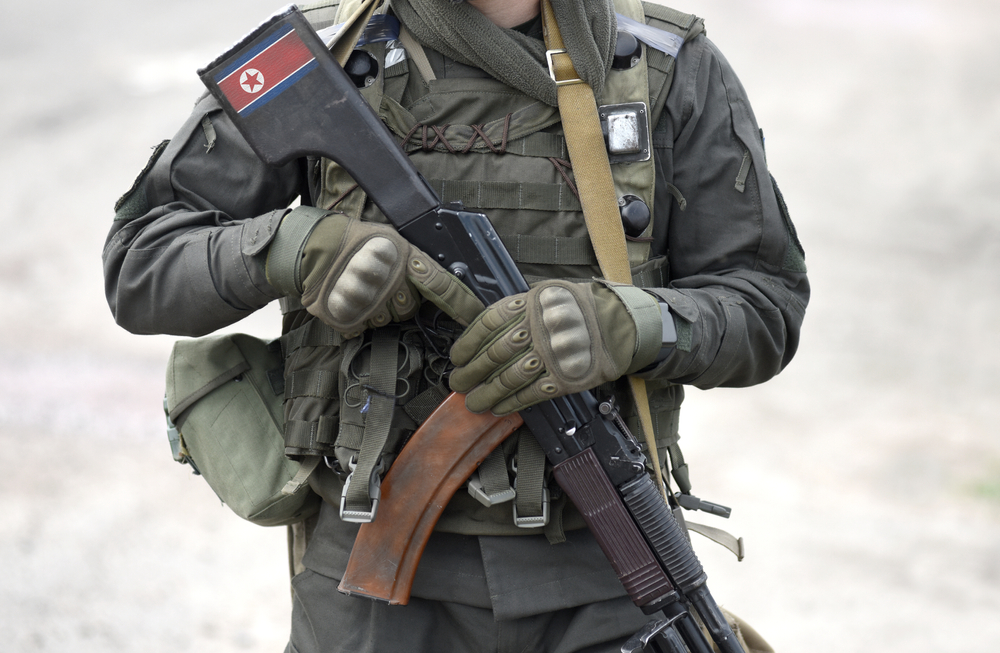Reports from Kyiv suggest that more than 3,000 North Korean troops have been either killed or wounded.
Others are reading now
The war in Ukraine has drawn in outside players, shifting alliances and reshaping global power struggles.
While Western nations continue to arm Kyiv, Russia has turned to its own network of allies for support.
Among them, North Korea has emerged as a quiet but growing partner, reportedly supplying both weapons and soldiers.
Now, new reports suggest that Pyongyang is preparing to send even more troops to the battlefield.
Also read
Still Deny Sending Troops at All
South Korea’s military believes North Korea is accelerating plans to deploy additional soldiers to aid Russian forces.
This comes despite serious losses, including casualties and prisoners taken by Ukrainian forces, according to Ziare.
Intelligence sources estimate that Pyongyang has already sent around 11,000 troops to Russia’s Kursk region, where Moscow has struggled to maintain control.
Reports from Kyiv suggest that more than 3,000 North Korean troops have been either killed or wounded since their arrival.
Earlier this month, Ukraine announced that its forces had captured two North Korean soldiers, marking the first confirmed instance of their presence in the war.
While both Moscow and Pyongyang deny sending North Korean troops, Russian President Vladimir Putin has avoided directly refuting the reports.
Meanwhile, a North Korean official has suggested that such deployments would be legal under national law.
Despite these setbacks, North Korea appears committed to deepening its military ties with Russia.
The two nations signed a Comprehensive Strategic Partnership Treaty in 2024, which included a mutual defense agreement.
This growing alliance suggests that Pyongyang sees its involvement in the war as an opportunity to strengthen its relationship with the Kremlin.
Alongside troop deployments, North Korea is believed to be preparing for new weapons tests.
Intelligence reports indicate that Pyongyang is working on launching a spy satellite and testing another intercontinental ballistic missile.
No immediate action has been observed, but these developments continue to raise concerns among global security analysts.


